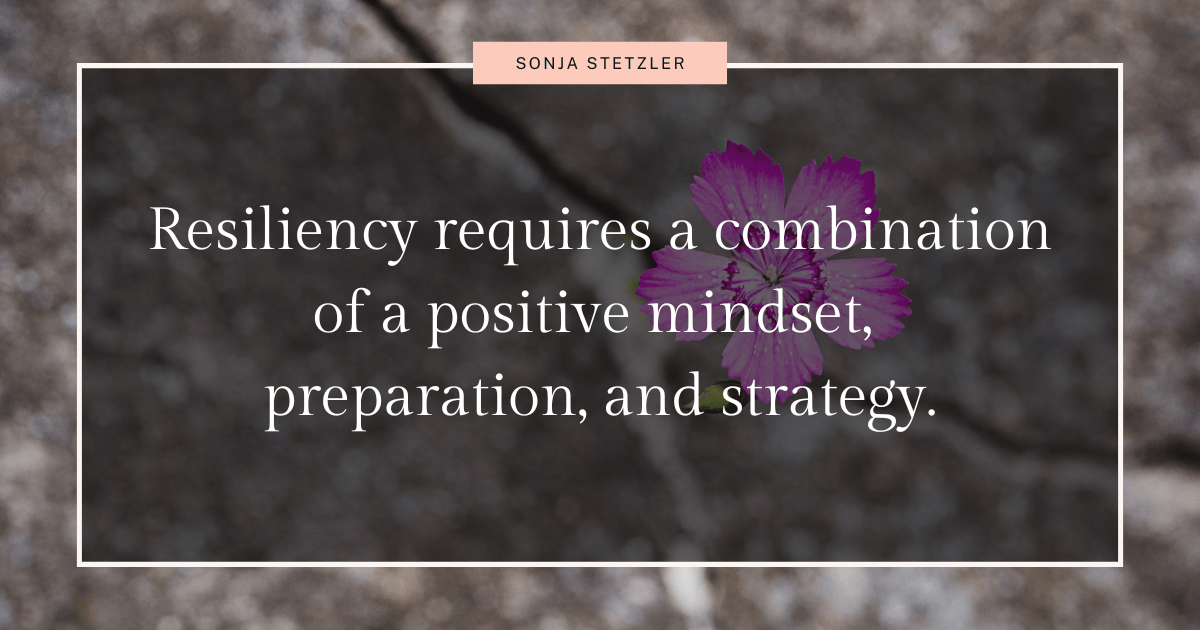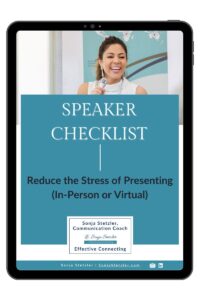Part of the recovery process is similar to how we overcome setbacks.
Recently, Hurricane Milton made landfall on Florida’s west coast and western North Carolina is still in recovery from Helene. Some areas in more remote areas of the western NC mountains will be in recovery for the foreseeable future.
I was in Boone, NC during the storm as it passed through, and can attest to the devastation it caused.
While we can’t predict when natural disasters will occur or the extent of their damage, part of the recovery process is similar to recovery to most setbacks.
I don’t want to minimize or even downplay the catastrophic impact of these hurricanes. However, resiliency even on a smaller scale, such as a rejection for submission to speak at a particular event or negative feedback from a presentation you delivered, requires a combination of a positive mindset, preparation, and strategy.
Having volunteered for a few days to help with recovery efforts in western North Carolina, here are several observations that speakers can adopt to build one’s resiliency and overcome setbacks:
Try these approaches when facing a setback:
1. Adopt a Growth Mindset
Even though setbacks can be out of our control, looking at them as opportunities to learn rather than failures to endure can help us grow.
Reflect without becoming overly self-critical and focus on what you will do differently next time an opportunity arises.
2. Prepare for Potential Challenges
We don’t know what we don’t know. However, anticipating potential difficulties (like technical issues or a difficult audience) and creating a Plan B for when challenges arise reduces anxiety and boosts confidence.
I have created a speaker’s checklist that helps me to prepare and be proactive if challenges occur.
3. Manage Emotional Responses
After a setback, pause for a moment. I often tell my clients this pause helps us to be responsive rather than reactive. When we are reactive, we tend to be impulsive, and when we are responsive, we tend to be more thoughtful.
Take a couple of deep breaths and allow your neurochemistry to reset before taking action and saying something you will later regret.
4. Reframe Negative Thoughts
Although it may not be a natural reaction to think positively in a negative situation, replacing negative thoughts with positive ones such as, “I’m learning” or “There’s something good that will out of this” can open our minds to creative solutions that will lead to positive outcomes.
5. Focus on Your Purpose
Whether it’s a life setback or a speaking setback, remember your ‘why’. What is the message you want to share? Focusing on your purpose, rather than your setback, keeps you centered and motivated to persevere through challenges.
One More Observation
Reaching out from a place of service to help others enables you to develop the resilience (as well as build community) needed to thrive. Realize that setbacks are part of the journey, and each one provides a valuable lesson for future growth.
If you have experienced a setback recently, how did you overcome it? Respond in the comments and share your story.
Enter your name and email below to grab my FREE Speaker Checklist to feel fully prepared and confident to deliver your very best.


